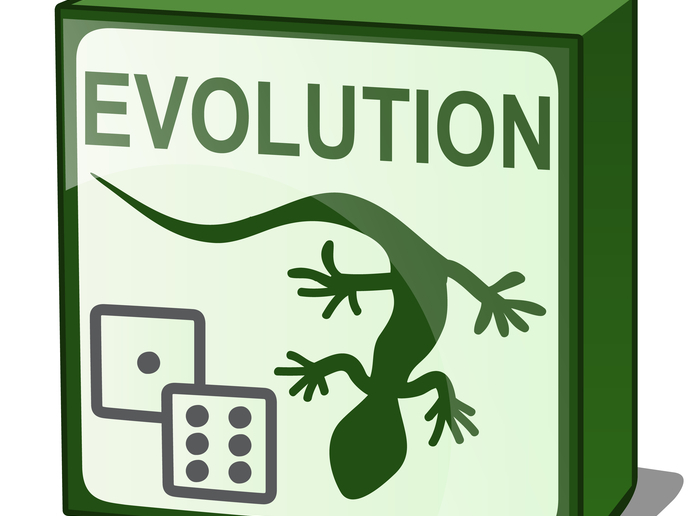Analytical tools developed for social media era
Digital media – and social media in particular – have transformed how we communicate. People react in real time by commenting on articles or tweets, and controversies generated on online platforms often get amplified through coverage in mainstream media. Achieving a better understanding of this evolving media culture – and what is being said – could help to explain phenomena such as political polarisation and online extremism. It could also help us to identify solutions to other contemporary issues. “Close reading alone however will not enable us to deal with the sheer amount of information,” explains ODYCCEUS(opens in new window) project coordinator Eckehard Olbrich, researcher at the Max Planck Institute for Mathematics in the Sciences(opens in new window), Germany. “To know what is really going on in public discourse, you need tools.”
Analysing public discourse
This was the starting point of ODYCCEUS. The project built new data processing algorithms, in particular for automatic content analysis, and developed models capable of visualising the complexity of evolving social conflicts and discourse. “One inspiration was to better understand populist movements such as Pegida in my home town Dresden,” says Olbrich. “I had the impression that they cannot be fully understood using traditional political paradigms, i.e. they are not simply just right-wing extremists.” The tools developed include topic modelling, which enables researchers to detect key issues being discussed. Another tool – semantic frame extraction – helps researchers to identify the causal arguments and words used in conflictual discussions on issues such as climate change. The project next applied these methods and tools to various case studies. These included the historical rise of racist rhetoric in France in the 19th and 20th centuries, in particular the evolution of anti-Jewish discourse. Topic modelling and word embedding were used to follow the different threads of anti-Semitism. Concepts monitored included religious discourses, racist expressions and certain economic theories. Other topics included the contemporary climate change debate. Data was extracted from media platforms such as Twitter, as well as articles, comments to articles and parliamentary debates. “The idea that polarisation is the result of social media bubbles and echo chambers is not what we found,” adds Olbrich. “There is a natural tendency to cluster with people you agree with, but people on social media often have contact with people from the other side. Research conducted by Chris Bail(opens in new window) suggests that polarisation is more about how we build our identities, and this is something that we would like to look more deeply into.”
Building opinion observatories
The tools developed in the project have been made available on an open-source, modular platform called Penelope(opens in new window). This resource targets four types of users: social scientists; media researchers; citizens who want to follow the news (in particular public debates); and developers, who can contribute new tools. “At the moment, the platform is mainly used by researchers and colleagues, and as a teaching resource,” notes Olbrich. “The platform is modular and easy to use, so developers and students can take various individual components to build their own platforms.” The project has also built two innovative participatory apps, the Opinion Observatory(opens in new window) and the Opinion Facilitator. These enable citizens to monitor and visualise the dynamics of various conflict situations. “We hope that all this work will help to seed a larger community that brings together all aspects of this project,” says Olbrich. “This includes modelling, data analysis and software tools, and of course their application in social science research.”







